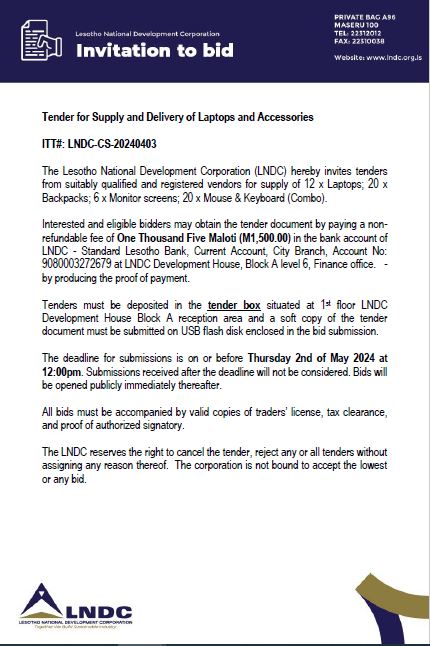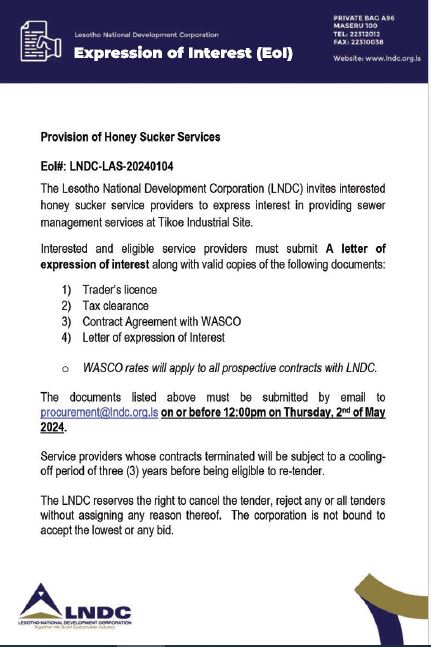…harrowing accounts of the ‘forgotten’ villagers of Qabane
Mafa Moleko
“We have to cross the river to get to Tebellong Private Hospital. We get trapped during the heavy rainy season until our sick people die in our hands,†this is a devastating story of the community living in Qabane in Mohales’ Hoek which has been living all their lives without roads and electricity.
This was said by a resident at the village, Makhosonke Yanaso who narrated the catastrophic incidents happening at the community, which he said has brought sour life and according to the residents of the village, the situation is birthed by the negligent politicians who promise villagers better infrastructure but turn their backs on them after they have been elected.
“We carry the sick people to Tebellong Private Hospital, all the sick people are carried with hands and some of them die on the way or even get worse during travel since they are not handled with care,†he said.
“The community come together to carry a corpse. We carry the corpses with our hands regardless the type of diseases they had. Even during this season of Covid-19, the community still handles the corpses with hands without even the necessary skills of handling the Covid-19 corpse,†he continued.
This is a glimpse of life in the remotest areas of Lesotho after the politicians who vow to bring change sing a different tune after bagging their votes to the greener pastures. The poor community is left behind to fight their problems. The village is said to be a living hell due to the absence of roads, electricity and other service deliveries.
“We need the roads because once we have the road we will begin to see electricity and all other services come to our place. Our place is very dark and some criminals do take advantage of that and rob people and rape females,†he said.
Kou mentioned that during heavy rains they are forced to remain on other side of the Senqu River and that affect their lives since they use shops that are located at Ha Sekake in the Qacha’s Nek district.
“We buy from the other side of the river so during the rainy season when the river is flooded we really have to depend on what we have and that turns out to be a problem for us,†he said.
He explained that sometimes they are forced to cross the river on donkeys when the boats are not moving to transport people. The donkeys will be carrying the person together with material bought from Ha Sekake, sometimes, donkeys die from heavy water that drowns them with people or kids.
“The place is even much more dangerous when it comes to women who are working at the Ha Sekake and knock off late because they have to walk on the hills by themselves in darkness and cross the river at night,†he added.
Rapes cases are very rampant in the area because of darkness, and children travel very long distance to school and most of them get to school tired already in the morning.
“Our children also attend schools in that region of Ha Sekake so they walk long distances from this side of Mohale’s Hoek, they do not go to school when the boats are not in operation, and the boats stop operating when there is too much water,†he said.
Reiterating fellow villager’s assertion, ‘Maseeng Molahlehi mentioned that they wash corpse with bear hands and they even hold them with hands the old way they know how and with what they can afford.
On the other hand, the boat controller explained that the boat almost had himself and his passengers killed when it capsized because the river was flooded.
“When the river is flooded, it becomes very hard to maneuver and control the boat hence we have resorted to a no-show on such days because we also value our lives,†he said.
The only clinic in the village is in Poriking and it does not always function since nurses only visit this clinic once a month.
One Tello Makhetha, who is over 85 year-old says the clinic does not help because it always goes without nurses hence it is useless to take anyone to Poriking Clinic.
“The nurses are more often than not unavailable, they barely come except to give medication to a group of people and they are able to cover all people in one day,†he said.
Makhetha further explained that one night he and his family were attacked by armed assailants who shot at his house and nearly killed him, stressing the point of crime in this region.






